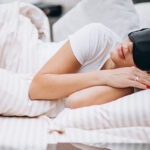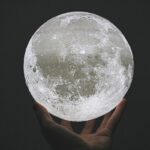The Dangers of Chronic Sleep Deprivation
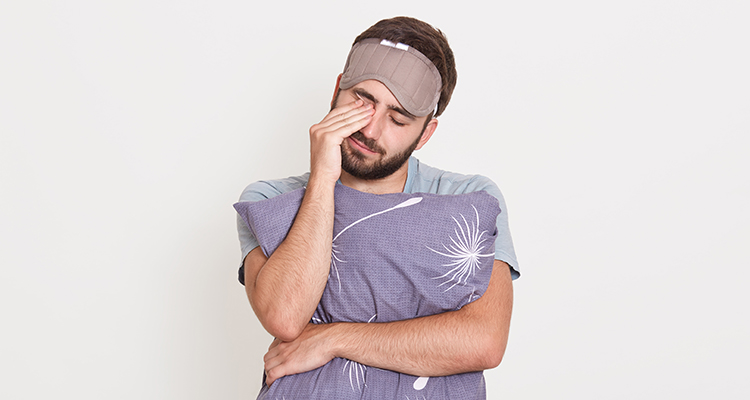
Sleep is something that is looked at differently by different people. Some of us welcome it, counting the minutes until bedtime the second the alarm clock beeps in our ears. Others view sleep as a pain in the butt (or a pain in the bed), an interfering rest that gets in the way of the things we need to do.
Yet, love it or hate it, sleep is a necessity, up there with eating, breathing, and, yes, drinking coffee. That means, when we are deprived of rest, we feel it and probably in ways we don’t yet realize.
Content
Sleep Deprivation, Explained

The brain fog swimming in our heads and the bags under our eyes already tell us that sleep deprivation is bad. But what does it entail, exactly? Sleep deprivation is often defined as a consistent lack of sleep. It can involve sporadic nights of tossing and turning as well, but we can lose the snooze now and then without it dramatically hurting us.
For most adults, sleep deprivation involves getting less than seven hours on a regular basis. Teens, children, and babies, however, require much more sleep, with infants sleeping up to 17 hours a day in their first few months (they don’t really have plans, anyway).
The problem with losing sleep is it causes a sleep debt that we can’t ever repay. When consistent, it starts to interfere with our quality (and, eventually, our quantity) of life.
The Causes of Sleep Deprivation

Sleep deprivation has many causes, varying from those that are primary (such as insomnia) to those that are secondary (such as deprivation due to pain). But the end result is the same: It’s hopping on the red eye, Destination: Overtired.
Some of the most common causes include:
- Lifestyle: Many people are sleep-deprived by choice. They look at sleep as a secondary priority and opt to pack their days full of tasks they need to get done. Often, this ambition keeps them working into the night or engaging in other activities (such as hobbies, watching a documentary, or reading a mystery novel).
- Sleep disorders: There are a number of sleep disorders, including insomnia, obstructive sleep apnea, central sleep apnea, narcolepsy, restless leg syndrome, and circadian rhythm disorders.
- Age: Sleep problems are most common in those 65 years and older. Part of this has to do with sleeping patterns: The older we get, the lighter we sleep. We’re more easily awakened by things like honking horns, chiming clocks, or the neighbor’s dog barking at its own shadow.
- Underlying illness: People suffering from sleep deprivation may have underlying illnesses that make rest difficult. Some of the most common maladies related to sleep are anxiety, schizophrenia, ADHD, cancer, chronic pain, stroke, Alzheimer’s, depression, and anything else that causes discomfort.
- Sleep hygiene: Sharing a bed with a kicking child, a snoring spouse, or a cat that thinks human hair is their chew toy increases sleep deprivation. So does looking at an iPad, iPhone, or television screen right before bed.
- Parenthood: We can sleep when they go to college.
There are less common causes of sleep deprivation, too. These include:
-
- Drinking too much water: Overhydration often leaves us rising from bed to go to the bathroom. Kidney issues might compound this, as lying down pushes extra fluid out of the legs and into the bladder.
- Drinking alcohol: Alcohol relaxes us, which is why it’s easy to assume that it’s a sleep aid. But the drunken drowsiness is short-lived, lasting only an hour or two. Once it goes away, alcohol’s stimulating effects kick in. Most experts recommend not drinking for at least four hours prior to bedtime.

- Drinking caffeine: Drinking caffeine is a rare cause of sleep deprivation because most people know better than to chug a cup of coffee at seven o’clock at night. Still, drinking in the afternoon (or up to 8 hours before bed) can cause problems. What’s more, some things (like chocolate) sneak caffeine into the body.
- Having heartburn: Heartburn is a very common problem: It’s believed that 60 million Americans experience it on a monthly basis. It’s something that keeps Mr. Sandman away as well: When we lie down, our stomach juices flow back up with ease. The best way to avoid it is to eat well before going to sleep (at least three or four hours earlier); avoid heavy meals, spicy, or fatty foods; sleep with a pillow in a raised position; and use antacids.
- Exercising: While studies suggest that working out moderately at least an hour before bed isn’t likely to compromise sleep, vigorous exercise should be avoided. Anything that increases the heart rate too much stimulates the nervous system, making it difficult to move from hitting the weights to hitting the hay.
- Turning up the temperature: It’s not only Goldilocks that’s particular about temperature; we are too! In general, people sleep more comfortably when it’s a little cooler, around 60 to 65 degrees. Feeling too hot or too cold can keep us from dreamland; aim instead for a room that’s just right.
- Checking the phone in the middle of the night: Whenever we wake up, it’s tempting to check our phones. After all, most of us want to know how much longer we have before we need to bid our precious bed adieu. But looking at electronics exposes the eyes to blue light, stimulating the senses and making it more difficult to return to rest.
The Signs of Sleep Deprivation
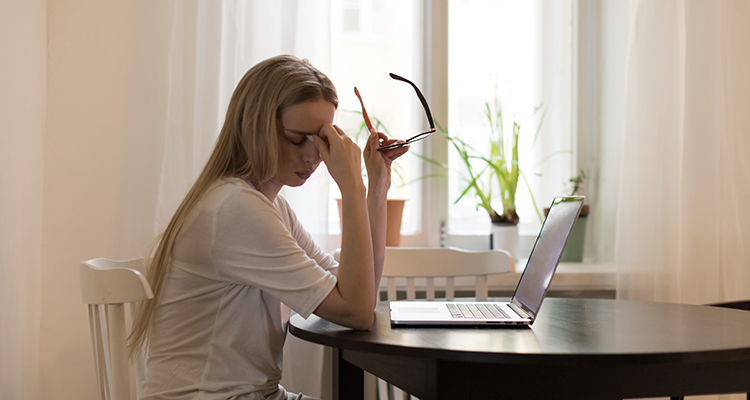
Most people know when they’re sleep-deprived; the lack of sleep is the obvious clue. But some people are sleep-deprived without being fully aware; they’re tossing and turning and waking up without remembering. Or they’re overestimating exactly how much quality rest they got.
Yet it’s hard to miss the symptoms; they’re not subtle. And they include:
- Frequent yawning
- Excessive sleepiness during the day
- Moodiness and irritability
- Fatigue or brain fog
- Lack of coordination
- Compromised memory
- Frequent infections and issues with the immune system
- Hallucinations (in severe cases)
Sleep Deprivation versus Insomnia
Sleep deprivation and insomnia are generally used interchangeably, insinuating that they are the same thing. But sleep deprivation differs from insomnia because the former may come down to choice. For example, a high school student who realizes they’re ill prepared for their literature midterm may choose to stay up until dawn reading The Sun Also Rises.
Insomnia, on the other hand, is not lack of opportunity to sleep but inability. Insomnia leads to sleep deprivation but sleep deprivation can also exist in the absence of insomnia.
Knowing the difference is important because they involve different treatments. Sleep deprivation driven by lifestyle may be remedied by amending schedules or establishing routines. Insomnia (and other sleep disorders) may be treated with medication, cognitive behavioral therapy for insomnia (CBT-I), or both.
The Sleep Deprived Body
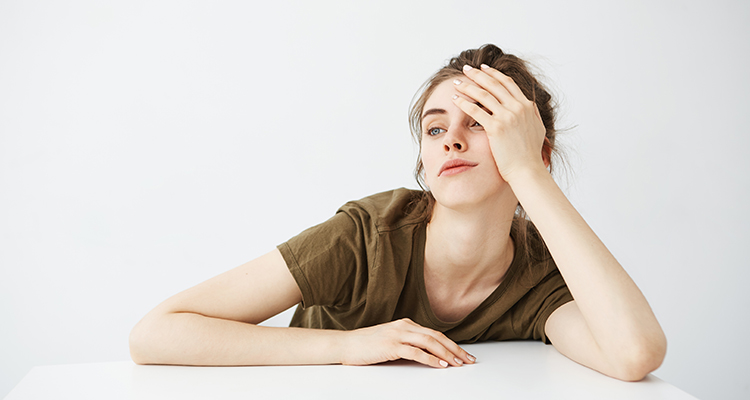
Sleep deprivation leaves us tired and foggy, and prone to pouring salt on our Cornflakes while mistaking it for sugar. But the true damage from lack of sleep runs much deeper. In fact, there’s really no part of the body that isn’t impacted by sleepless nights. From our brain to our brawn, rest governs everything.
Sleep Deprivation and the Central Nervous System
The central nervous system is essentially the body’s highway system, transporting data up and down and processing information. Sleep repairs the highway’s potholes and damaged onramps while making sure traffic runs smoothly. When we rest, the pathways form between neurons (our nerve cells) and help us remember what we learned.
If sleep deprivation occurs, these pathways aren’t formed as efficiently. This leads to trouble with concentration, problems learning new things, and a lack of coordination. But the effects are emotional too; we feel moody, irrational, impatient, less creative, and less able to make decisions.
In people who are suffering from mental illness, sleep deprivation can worsen the disease. In those who have a genetic predisposition to mental illness, it’s possible for sleep deprivation to act as the proverbial straw that breaks the camel’s back and leads to disease onset.
It’s been tied to triggering mania in bipolar disorder, causing impulsive behavior, and making anxiety, depression, paranoia, and suicidal thoughts worse.
Sleep deprivation can also affect the central nervous system by causing microsleep, a type of involuntary sleep where someone may doze off for several seconds without realizing it. If microsleep happens while reading a book or watching a movie, it’s not that big of a deal. But it’s very dangerous when it occurs while doing things like driving, climbing a ladder, walking downstairs, operating heavy machinery, eating dinner, or using power tools.
Sleep Deprivation and Immunity
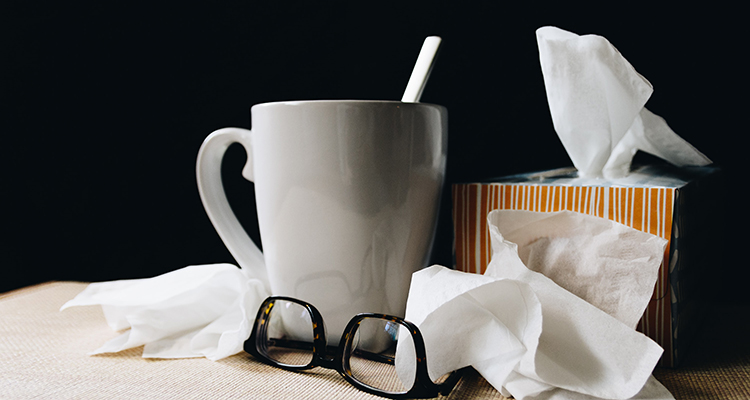
The immune system is the defense mechanism that stands between us and viruses, bacteria, cancer, and other diseases. Because the body wants to survive, it’s trained to attack any kind of invader, producing protective (and effective) antibodies and cytokines.
People with strong immune systems tend to enjoy an illness-free existence. This isn’t to say they never get sick but their immune systems are primed to fight, so they don’t come down with common colds, flus, strep, or more serious maladies as often as those with weaker systems. People with poor immune systems do the opposite: They find themselves under the weather as a rule, often feeling as though there’s not an amoeba in town that can’t find them.
There are several factors that weigh in on the immune front. Diet, exercise, overall health, and genetics play a role. So does previous history: People who were sick as children tend to enjoy stronger immunity as adults as do those who own pets. Hygiene, of course, plays a role too as the immune system won’t have to ward off viruses and bacteria if it’s not introduced to them in the first place.
Sleep, not surprisingly, counts a lot. A good night’s rest provides a chance for the immune system to recharge, building up the cytokines that arm the body in their defense. Without sleep, production of these proteins decreases and the body becomes more prone to infection. In those who are already sick, sleep deprivation can cause the illness to linger (this is especially true for respiratory infections). Yep, there’s a reason rest is prescribed when we feel off.
Sleep Deprivation and The Lungs
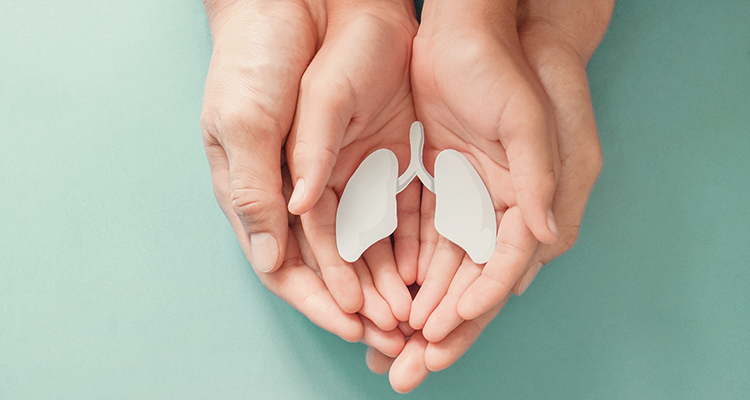
Sleep is very closely tied to the respiratory system, but the partnership is a two-way street. Sleep deprivation is linked to a wide-range of respiratory conditions, including allergic rhinitis (the hay fever that happens when cotton, pollen, or other allergens are in the air), asthma, chronic obstructive pulmonary disease (COPD), vocal cord paralysis, pleural diseases, and hypoventilation syndromes. Sleep deprivation can also affect diseases that aren’t respiratory, per se, but damaging to the lungs (these include neuromuscular disorders, scoliosis, and severe obesity).
The lung/sleep connection is a double-edged sword as the above conditions aren’t only made worse by sleep deprivation but they, themselves, make it more difficult for the sufferer to experience a quality night of rest.
Unfortunately, some respiratory illnesses (like asthma) are well-known for worsening at night. But even those fighting the common cold often notice that their days are symptom-free only for the coughing to make an unwelcome return come evening. We can blame gravity for part of this (thanks a lot, Isaac Newton) as laying down allows mucus to pool. But our hormones play a role too because of cortisol. This is yet another reason why sleep is so vital: It helps regulate the stress hormones. When the body releases more cortisol than it’s supposed to, as it might in those short on sleep, inflammation in the airway worsens.
Sleep Deprivation and Obesity
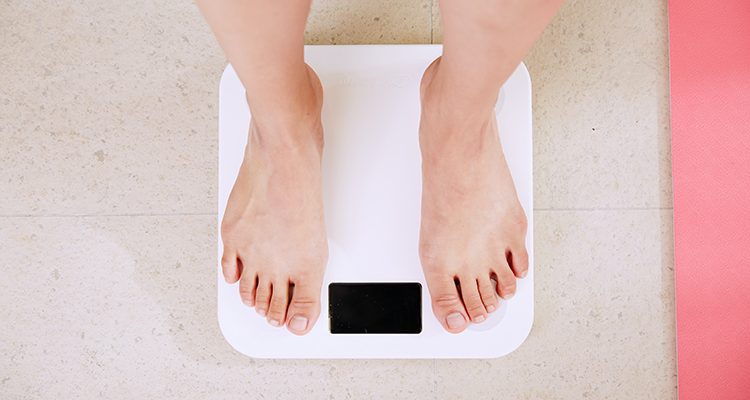
The battle of the bulge is familiar to many of us, with weight weighing heavily on our minds and waistlines. We all know that certain things alter BMI, with diets high in sugar, fat, and calories naturally proving worse for us than those high in fruits, vegetables, and whole grains. Likewise, a sedentary lifestyle does us no favors while an active lifestyle helps keep pounds at bay. And combining the two negatives is worse. In other words, eating mashed potatoes while being a couch potato is sure to tip the scales in a direction we don’t want.
Sleep enters the spotlight too as deprivation is tied to obesity for a few different reasons. The first one has to do with logistics: When we’re not awake, we can’t eat. But lack of sleep affects us from a hormonal standpoint as well, interfering with the chemicals that influence appetite. In simple terms, the less we sleep, the more we eat.
The cause lies in leptin and ghrelin, hormones that control our feelings of hunger and tell us when we’re satisfied and full. Sleep deprivation decreases lectin, which cues the brain that we’ve had enough, while increasing ghrelin, which tells us we want more. These two hormones tend to dictate late-night snacking and overeating after dark.
Another influential hormone is insulin, which controls blood sugar (or glucose). In the sleep-deprived, the body isn’t as tolerant to glucose and becomes resistant to the regulating insulin. This can not only lead to obesity but diabetes as well.
On the exercise front, sleep deprivation makes us less likely to stick to our workout routines (or start one in the first place). No one wants to hit the treadmill or dust off the elliptical when they’re already exhausted.
Sleep Deprivation and The Heart
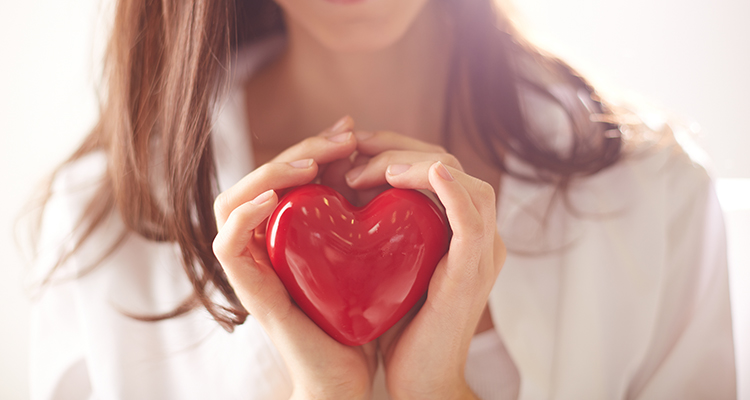
Sleep deprivation dramatically impacts the cardiovascular system, as those who are unrested are more likely to suffer from high blood pressure, high cholesterol, and a greater risk of heart attacks and strokes.
Sleep deprivation, as mentioned above, can also cause diabetes, which may damage the blood vessels and the nerves that help control the cardiovascular system. People with diabetes are at high risk of developing heart disease and at a younger age than average.
Obesity, another potential result of sleep deprivation, is a well-known and major risk factor in heart disease too. Thus, lack of sleep influences the cardiovascular system both directly and collaterally.
Sleep Deprivation and Inflammation
Rest gives the body a much-needed break, a chance to heal the daily wear and tear and move towards restoration. Part of the way it does this is by controlling inflammation. Ergo, not hitting the hay can result in inflammation having a heyday.
Inflammation is a factor in all kinds of disease; it’s fair to argue that there’s not an illness where it doesn’t play a role. It negatively affects the bodily systems (cardiovascular, respiratory, GI, etc.), while putting us at risk for cancer, diabetes, autoimmune disease, pain, neurological disorders, and more.
Inflammation isn’t always a bad thing – in acute injuries (like a burn on a finger or a toe sliced on a sprinkler head), acute inflammation works to heal the damage as quickly as possible. But problems arise when it overstays its welcome. Chronic inflammation, inflammation that doesn’t go away, is the type that results in damage.
Even so, in cases of the more benign inflammation, sleep deprivation has a hand. In people dealing with injuries, cuts, wounds, and other problems that necessitate an acute inflammatory response, lack of sleep can prolong healing and up the odds of infection, pain, swelling, and scarring.
Sleep Deprivation and Cognitive Function
Perhaps the most potent effects of sleep deprivation are felt on the cognitive front – when we’re tired, we can’t get the brain to do what we want it to. This is because rest provides a foundation upon which the mind flourishes. Take away that foundation and things feel a bit mushy.

In fact, sleep deprivation hurts our cognitive function several ways, including:
- It negatively impacts our memory: Sleep is a time when memories consolidate, important neural connections solidify, and meaningless neural connections disappear.
- It changes how we react to things: On any given day, the average person is inundated with information, intel that we can’t possibly remember. Fortunately, we don’t have to as most of the info is unimportant and the brain easily disregards it. But, void of sleep, the mind has a problem knowing what to keep and what to expel. Without this filter, we react to situations in ways we normally wouldn’t. For example, a sleep-deprived person may yell at a coworker for taking the last of the coffee when, on a regular day, they’d simply sigh, grab the Folgers, and make some more.
- It takes away our ability to multitask: Most people multitask without ever realizing and it’s adequate sleep that, in part, allows us to do this. Sleep deprivation, conversely, reduces our ability to multitask, which can be especially dangerous when driving. Throw in the compromised alertness, and the entire situation turns into an accident waiting to happen.
- It makes us less creative: Studies suggest that those who sleep soundly enjoy higher levels of creative thinking than those who toss and turn and stare angrily at the alarm clock. Those who are sleep-deprived struggle to think outside of the box and tap into their imagination.
- It impedes the brain’s ability to clear toxins: It’s probably not a shock that the brain is self-cleaning; it’s that powerful, after all. During waking and sleeping hours, it’s continuously clearly toxins. But it’s more effective at doing this when at rest. This is vital to brain health on all fronts, but it’s especially interesting in regard to dementia: Some of the elements filtered are B-amyloid proteins, the plaque-causing precursors to Alzheimer’s Disease.
Strange Effects of Sleep Deprivation

The above includes well-known and well-established effects of sleep deprivation. But there are lesser known consequences as well. Some include:
-
- Beer goggles: Beer goggles happen when we’re under the influence of alcohol, as our visual perception becomes altered and we find ourselves attracted to people we might not normally like. The same kind of phenomenon happens in the sleep-deprived, at least according to studies. Surprisingly, the research found that this effect only applied to men, with no observable results present in women. Unsurprisingly, the sleep-deprived men also overestimated how interested women were in having sex with them.
- Lower pain tolerance: Sleep deprivation changes the way we react to pain, with it lowering our tolerance and making us more likely to overreact to discomfort.
- Paranoia: While sleep deprivation definitely worsens underlying conditions like schizophrenia, it can induce paranoia in the general population too. Studies suggest that it’s especially related to persecutory ideation, which causes someone to believe they’re being persecuted despite the absence of evidence. People in the throes of persecutory ideation may believe something bad is in the process of happening or about to happen to them.
- Lower emotional intelligence: Skimping on the z’s might affect our EQ, the emotional intelligence that helps us navigate interpersonal relationships. People who are sleep-deprived tend to be less empathetic than their well-rested counterparts and less likely to feel for someone in pain or see things from another’s point of view. Sleep-deprived people may struggle to read body language and emotions of others as well.
- Increased relationship difficulties: Yep, a lack of sleep can wreak havoc on our relationships and not only because it increases activity in the amygdala and makes us more emotionally reactive (though that certainly may hurt a marriage). Sleep deprivation also makes us less grateful for our partners and less likely to feel connected to them. It can interfere with the ol’ sex life, too.
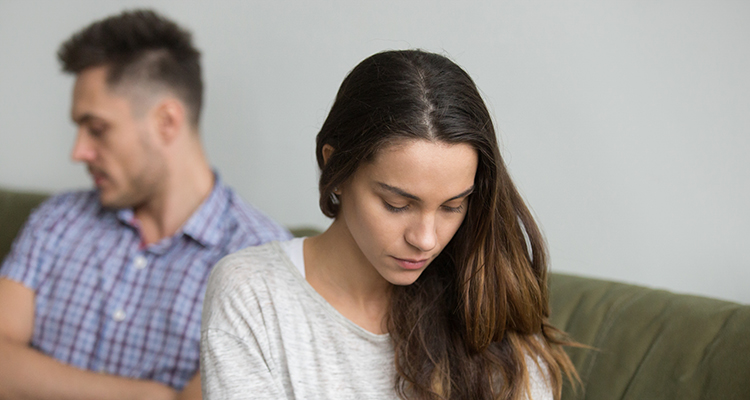
- Less positivity: Those lacking sleep often feel like they’re walking around with a rain cloud overhead, pouring down on them wherever they go. When we fail to get enough rest, we see more doom and gloom and engage in patterns of negative thinking. Instead of looking on the bright side, we turn to the dark side (spoiler alert: Darth Vader’s problem was that he just didn’t have enough shuteye).
- Fear of the future: Going along with the lack of positivity is fear of the future. Without sleep, we tend to worry more about the “what ifs” that could happen in the future. Banning the bed can cause apprehension in anyone, but it’s most acute in people who already view themselves as worry warts.
Why Do We Look Tired?
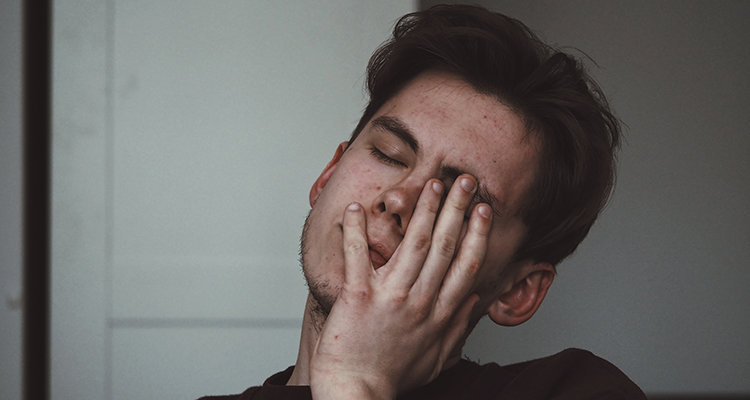
Most of us have heard at one time or another that we look tired, an observation that’s not exactly a compliment. For the sleep-deprived, there’s a reason: We look tired because we are tired. But what does this mean? Why does lack of rest affect our supermodel looks?
For starters, sleep deprivation reduces the growth of collagen, a vital protein that provides structure for bones, tendons, ligaments, and skin. As we age, collagen is already declining, which leads us to, sadly, no longer get IDed when we go to happy hour.
Sleep deprivation also reduces skin hydration and throws off PH, making wrinkles and fine lines much more prominent (sleeping in dry air or not drinking sufficient water can do this, too). And going light on the snooze increases skin inflammation while reducing wound healing and texture. For people who have skin disorders, including eczema, acne, allergies, or psoriasis, sleep deprivation can make these conditions more prominent.
There are other things that can alter our appearance aside from sleep deprivation. We’re more likely to hear that we look tired if we eat processed food, sleep on our stomachs, drink lots of caffeine, or have a mother-in-law.
Treatment for Sleep Deprivation
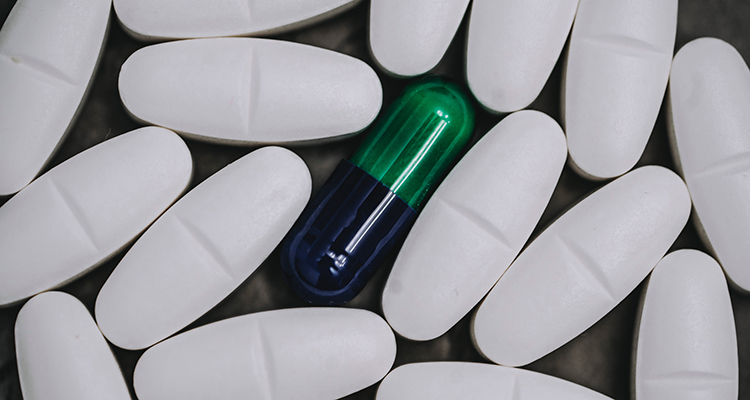
The treatment for sleep deprivation isn’t as black and white as perhaps assumed: It’s more nuanced than simply going to bed. But choice does play an important role as long as sleep disorders or underlying conditions aren’t part of the picture (under these circumstances, sleep deprivation may rear its head regardless of how early we retire to our chambers).
Getting to the root of the cause is the first step and may require help from a sleep specialist or another medical professional. Once we know what is causing our tossing and turning, we can work to amend it.
If a sleep disorder or underlying condition is present, the most common treatments include:
- Medications
- Cognitive behavioral therapy (this type of therapy helps us address the negative thoughts and emotions that may play a role in our sleeplessness)
- Surgery or CPAP devices (when sleep apnea is present)
- Treatments specific to the underlying issue
If the lack of sleep has more to do with lifestyle, the following may prove effective:
-
- Reducing caffeine and alcohol: Both caffeine and alcohol are stimulants, but alcohol first depresses the nervous system before the stimulating effects kick in. Avoiding caffeine after noon and alcohol after dinner can help keep their “get up and go” from turning into “stay up and curse.”
- Exercising: As previously mentioned, it’s best to avoid running wind sprints or lifting weights right before bed as invigorating exercise will invigorate the nervous system. But engaging in aerobic exercise as a matter of routine helps people fall asleep faster and sleep sounder. This can be performed anytime of the day; even exercising first thing in the morning has bedtime benefits.
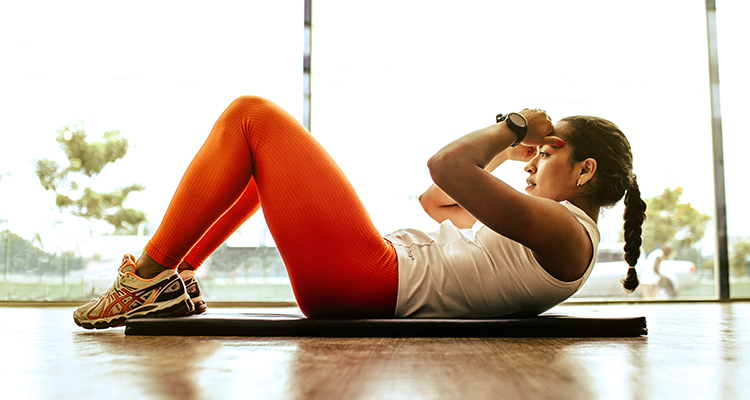
- Sticking to a schedule: Going to bed at 9:00 one night and staying up to 3:00 in the morning the next negatively impacts sleep by throwing a cog into its rhythm. The most effective sleepers try to go to bed around the same time each night and get up around the same time each morning. When the body gets into a routine, it knows what to expect and it adjusts itself accordingly.
- Ditching electronics: Ugh, parting with our computers and cell phones kind of feels like saying goodbye to an old friend. But, rest assured, the parting is only sweet sorrow for nine hours or so. Try to refrain from using any electronics (including the archaic television) an hour before bed. And, instead, engage in deep breathing, meditation, mindfulness, and guided imagery.
- Removing distractions: Distractions include lights, noise, and – much to his chagrin – the cat, Fluffy. For anyone whose spouse keeps them up with snores that impersonate a freight train, consider sleeping apart. It’ll seem distant and disconnected at first, but it just might save the marriage eventually.
Preventing Sleep Deprivation
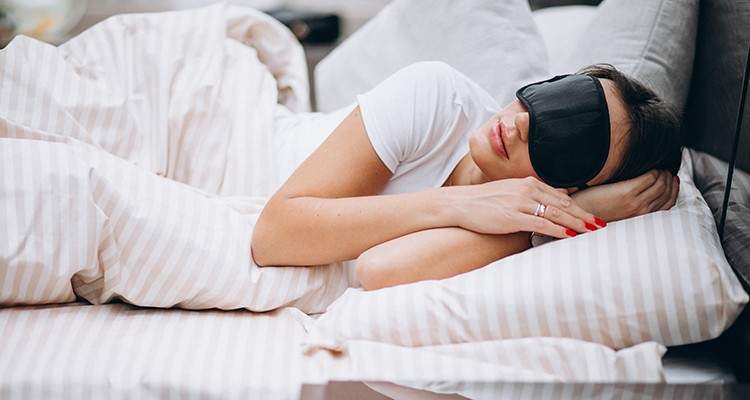
Naturally, preventing something is better than treating it. If we can prevent sleep deprivation in the first place, we’ll avoid a lot of red eyes, bad moods, blues, blahs, and fatigue.
Some of the keys to prevention include:
- Limiting daytime naps (especially as night approaches)
- Sticking to the same sleep routine each day, even on weekends, holidays, and days when everyone is working from home because of a crazy global pandemic
- Reducing caffeine intake (coffee isn’t bad for us (conversely, it has several benefits) but timing is everything)
- Avoiding heavy dinnertime meals (this is crucial for anyone prone to heartburn)
- Removing distractions (removing distractions acts as treatment and prevention (in other words, sorry Fluffy, you still got to go)
- Prioritizing sleep
- Changing work schedules from night shift/late shift to earlier (if possible)
- Spending an hour each day walking, running, doing aerobics, or being so 1980s and breaking out the jazzercise
- Making the bedroom a restful sanctuary that is void of things that keep us up at night (for anyone sensitive to light, consider the blackout curtains used in Vegas hotels)
And to All a Good Night
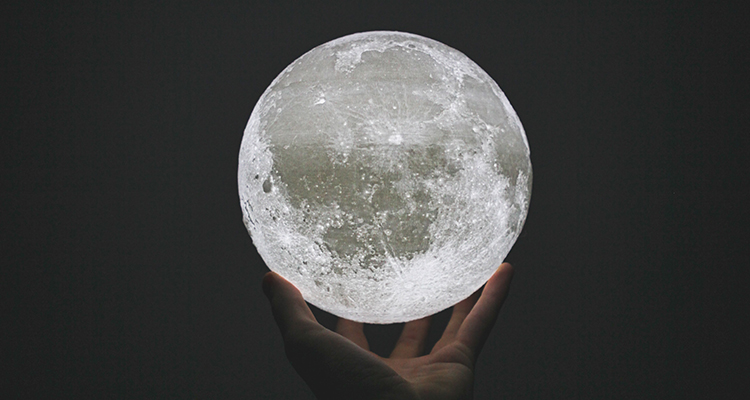
In conclusion, sleep deprivation does much more than make us groggy – it affects us in ways that are obvious and ways that are subtle but serious.
For most, remedying sleep issues comes down to lifestyle, which is good as it’s something we can control. But when wakeful nights are growing in frequency, nip things in the bud before they get out of hand (and get you out of bed). Always consult a doctor if a pattern persists.
https://gi.org/topics/acid-reflux/
https://www.healthline.com/health/working-out-before-bed
https://www.sciencedaily.com/releases/2017/01/170105082755.htm
https://rightasrain.uwmedicine.org/well/health/does-owning-dog-improve-your-health
https://www.self.com/story/why-asthma-gets-worse-at-night
https://www.sleepfoundation.org/articles/drowsy-driving-vs-drunk-driving-how-similar-are-they
https://www.nia.nih.gov/health/what-happens-brain-alzheimers-disease
http://www.aasmnet.org/articles.aspx?id=3940
https://www.ncbi.nlm.nih.gov/pmc/articles/PMC2697325/
https://www.medicalnewstoday.com/articles/324937
https://www.webmd.com/sleep-disorders/features/10-results-sleep-loss





